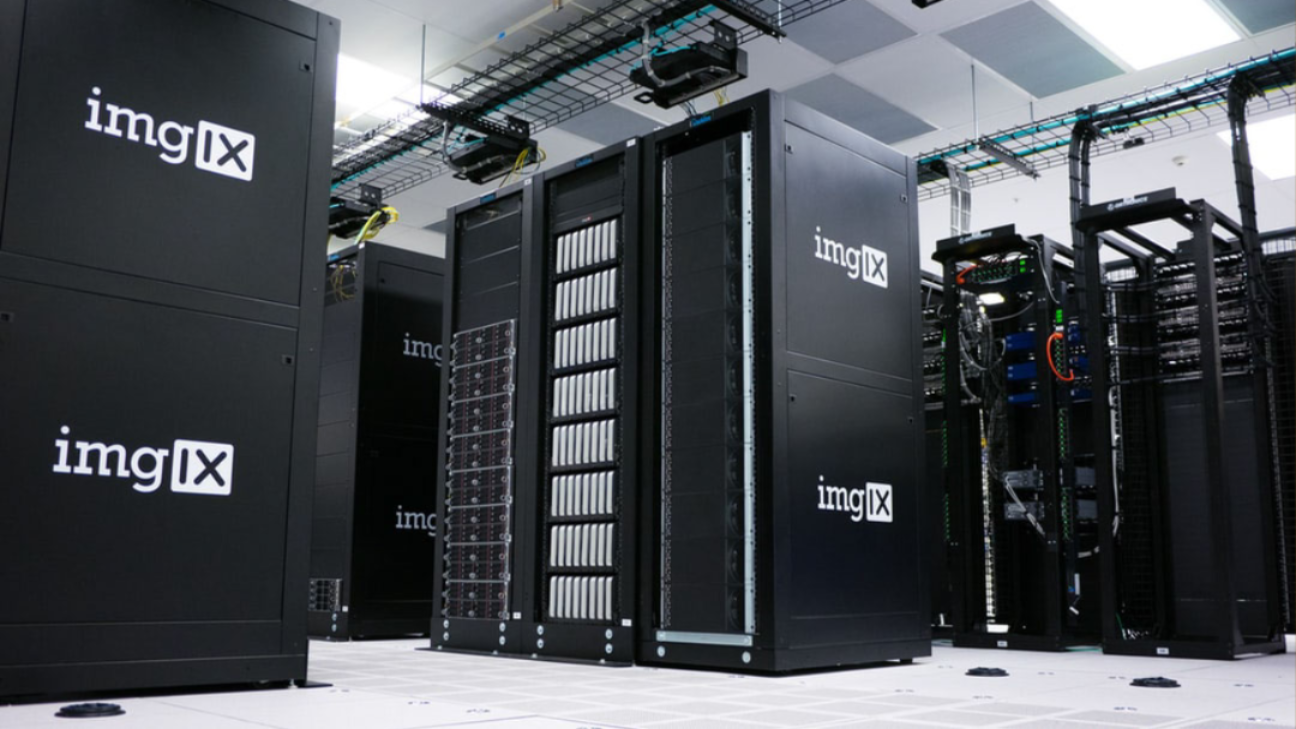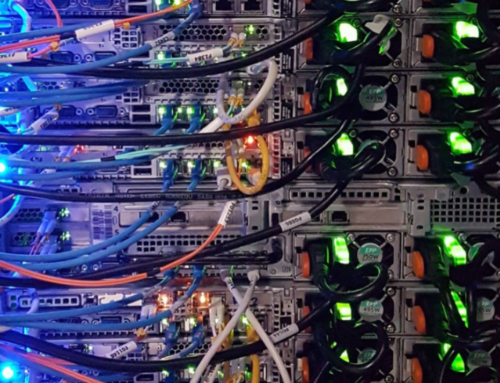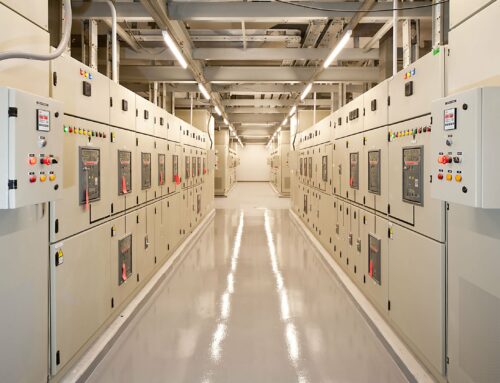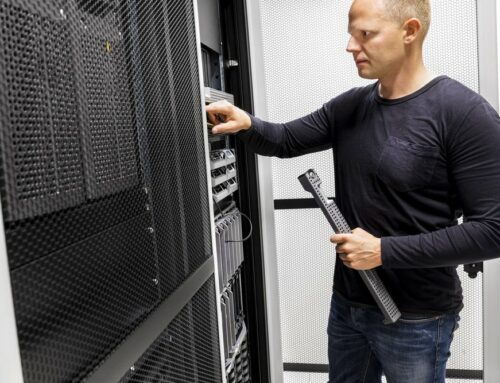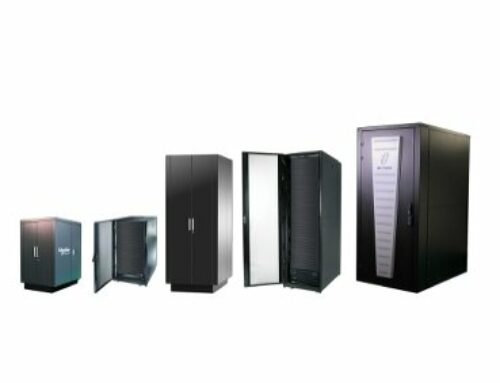Nearly 80% of data centers utilize — or are considering utilizing — either hot or cold aisle containment solutions to help maintain safe temperatures for servers. In many instances, you may notice that data centers are cooler than other areas in a building. To help understand the significance of data center air conditioning, let’s first start by breaking down exactly what a data center is.
What are Data Centers?
Data center construction is usually regulated to a specific area in a building that has been designated for storing servers. Data centers are vital for storing information and can be highly important for businesses to maintain. Without proper data center construction, servers can be put at risk of overheating and failing. This could cause a detrimental loss of information that can severely impact a company. This risk has only grown in recent decades as more and more industries rely on digitally stored information. As a rule, the more servers in an area, the higher the temperature can reach. If temperatures are allowed to grow past a critical point, at best they can fail to function properly, at worst the processor could burn out. This is why data center cooling is vitally essential, and why you should keep it in mind if you’re looking to build or update your own center.
Data Center Construction Services
Data center construction services do exist, and while these experts can help you choose the type of cooling that is best for you, it’s also important to understand the basics for your self. For instance, choosing an air conditioning system that is processor-based, can help manage temperatures as it can automatically gauge fluctuations and react accordingly. These changes are also able to be monitored by IT in real-time, ensuring that you are aware of any spikes that could warrant inspection.
Because servers are always in use, heat is constantly being generated. This makes it important to also select an air conditioner that can run continuously without issue. Systems like this will typically include a backup AC unit that can kick in should the primary system lag behind or fail. For these reasons standard AC systems are typically not recommended for data centers as they don’t feature backup units and only run at certain times.
Humidity is also a concern when it comes to effective data center construction. Humidity control should be a feature provided by your data center AC unit, as high humidity can wreak havoc on servers as well.
Choosing What’s Best for You
When it comes to data centers maintaining temperature is critical. Now that you know the basics of how temperature affects servers and what types of AC units are best, you can now better understand the process while working with a data center construction service. While it’s important to rely on their professional expertise, being able to understand the basics of how your data center works is a vital part of maintaining it long term.

